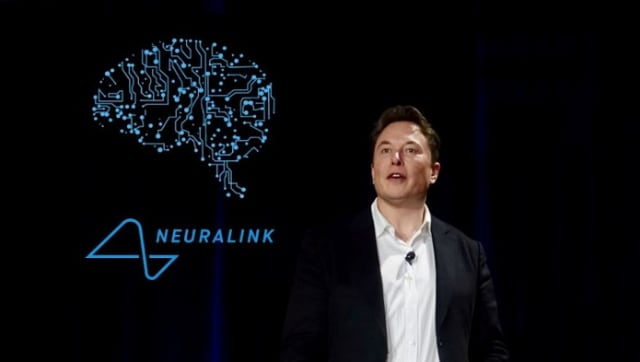Elon Musk announced on Wednesday that his brain tech startup, Neuralink, plans to implant its system in a second human patient within “the next week or so.” This comes after the company encountered hardware issues with its first participant, prompting changes to its system.
Neuralink is developing a brain-computer interface (BCI) designed to assist patients through advanced paralysis-control technology. The company’s first system, known as Telepathy, consists of 64 “threads” that are inserted directly into the brain. These threads, which are thinner than a human hair, record neural signals through 1,024 electrodes.
BCIs have long been a subject of academic research, with companies like Synchron, Paradromics, and Precision Neuroscience also working on similar technologies. To date, no BCI company has received approval from the U.S. Food and Drug Administration (FDA) to commercialize their devices.
During a livestream with Neuralink executives, Musk mentioned the goal of implanting the device in the “high single digits” of patients this year. The exact timing and locations for these procedures have not been disclosed.
In January, Neuralink conducted its first human implantation on 29-year-old Noland Arbaugh at the Barrow Neurological Institute in Phoenix, as part of an FDA-approved clinical study. Despite an initial claim in April that the surgery went “extremely well,” Neuralink later reported that some threads from the implant had retracted from Arbaugh’s brain. Although the company considered removing the implant, it determined that the issue did not pose a direct risk to the patient’s health and safety.
During the livestream, Musk and the Neuralink team revealed that only about 15% of the channels in Arbaugh’s implant are functional. Nevertheless, Arbaugh has been able to use the BCI to watch videos, read, and play chess and other video games for up to 70 hours per week.
To address the retraction issue, Neuralink is implementing several changes for future implants. DJ Seo, Neuralink’s president, mentioned that the company plans to sculpt the surface of the skull to minimize the gap under the implant. Additionally, Neuralink will insert some threads deeper into the brain tissue and closely monitor their movement. Dr. Matthew MacDougall, head of neurosurgery at Neuralink, stated that threads will now be inserted “at a variety of depths” to account for the possibility of retraction.
An FDA spokesperson confirmed that the agency will continue to monitor the safety of those enrolled in Neuralink’s clinical study through regular, required reports.




